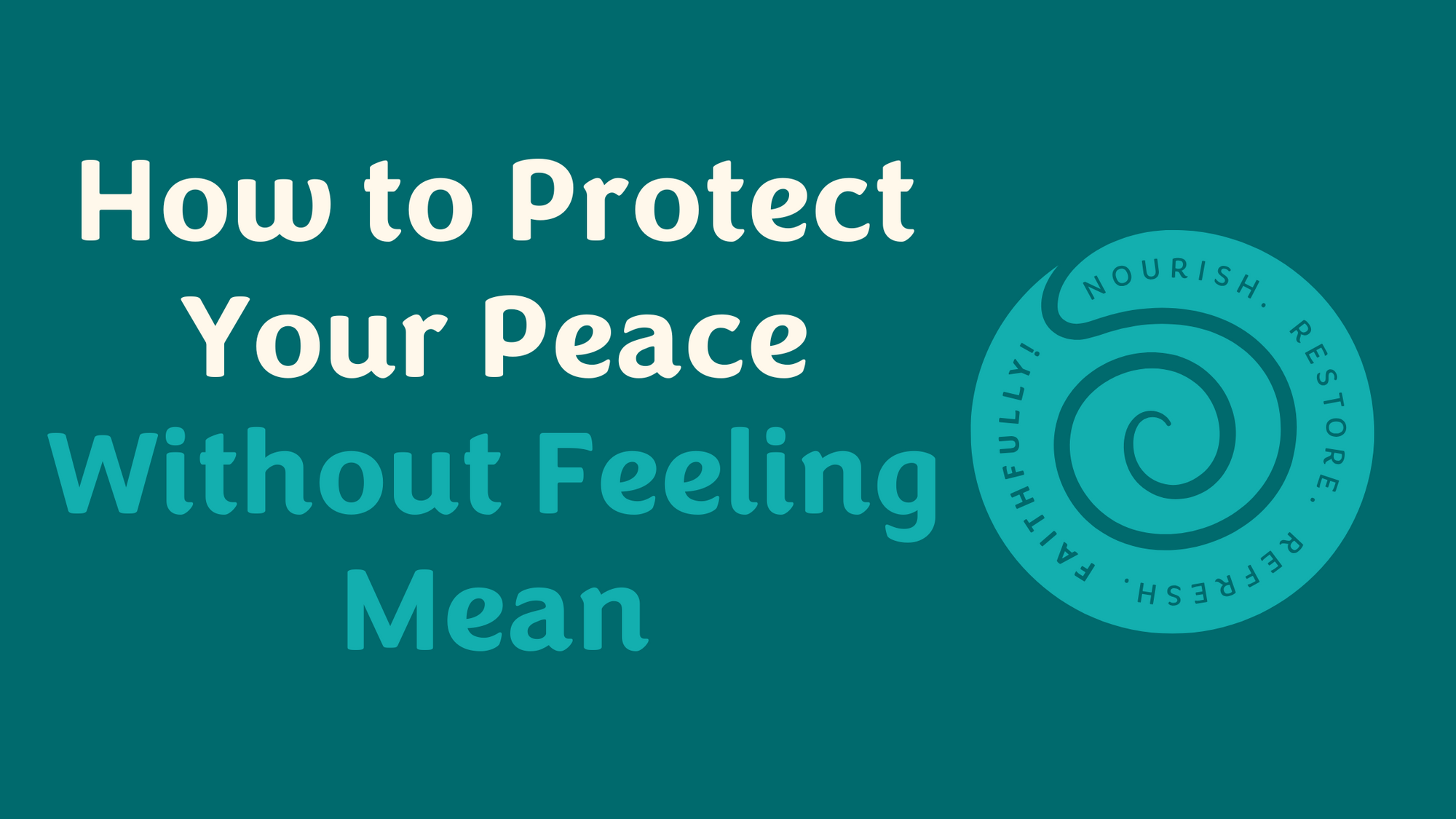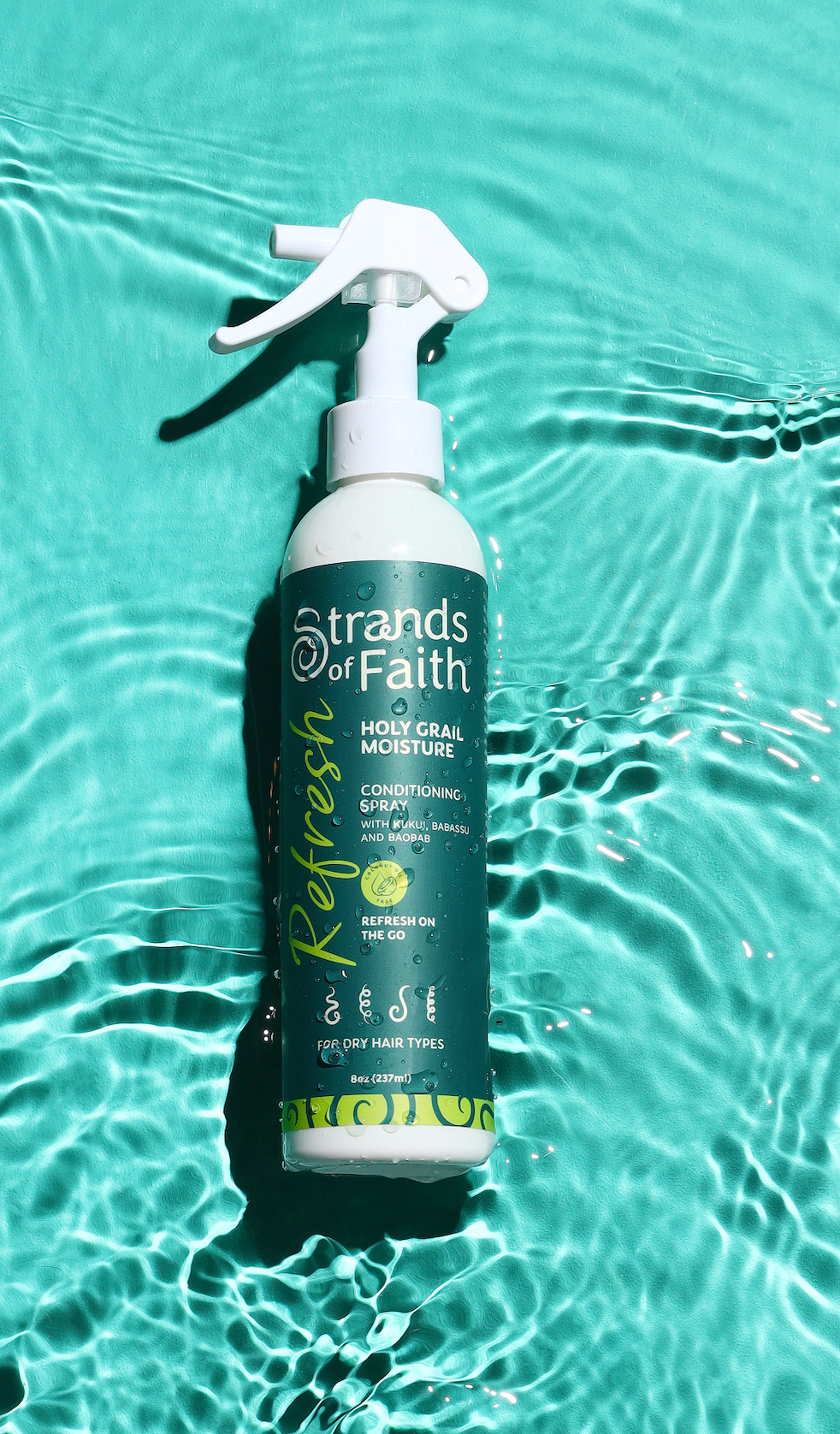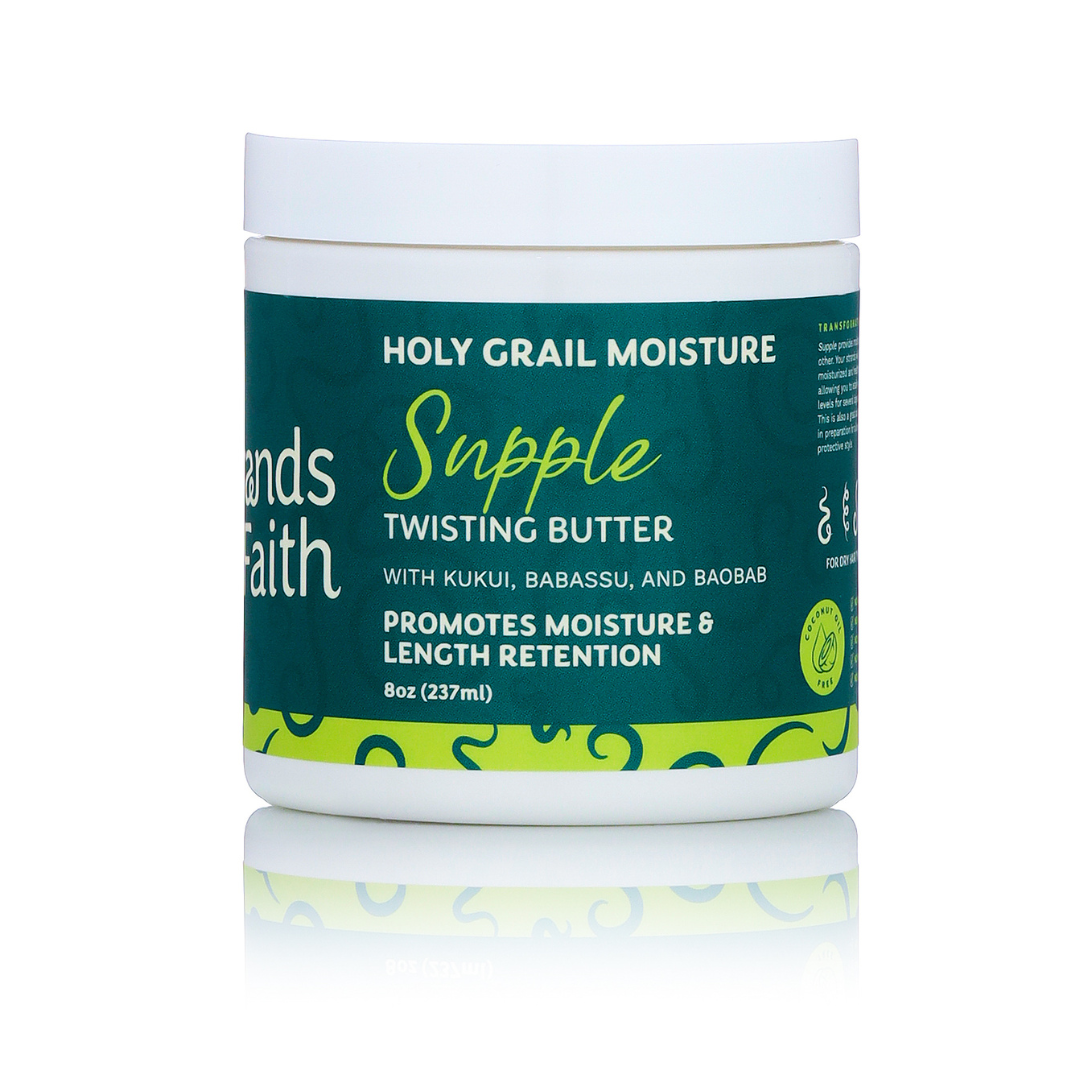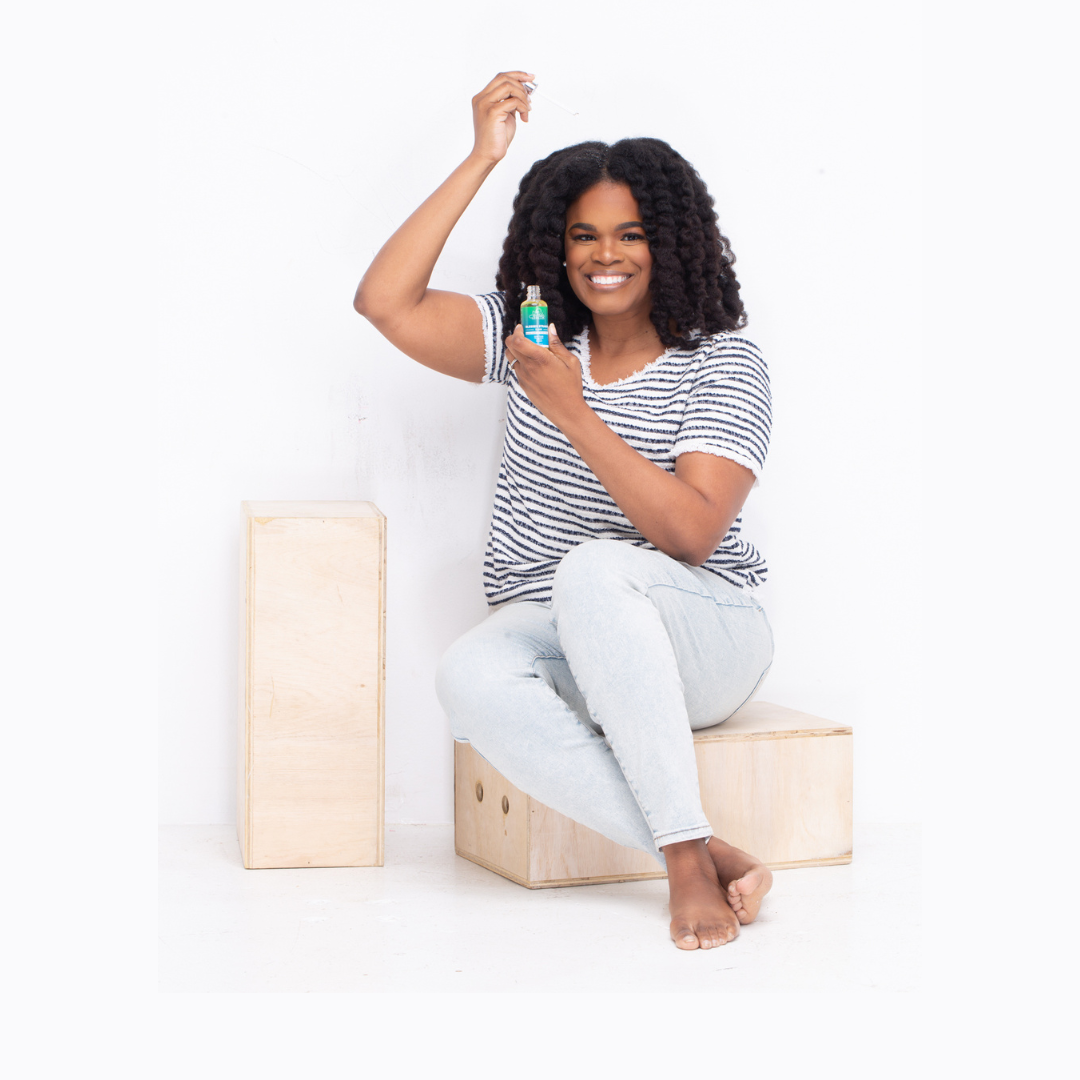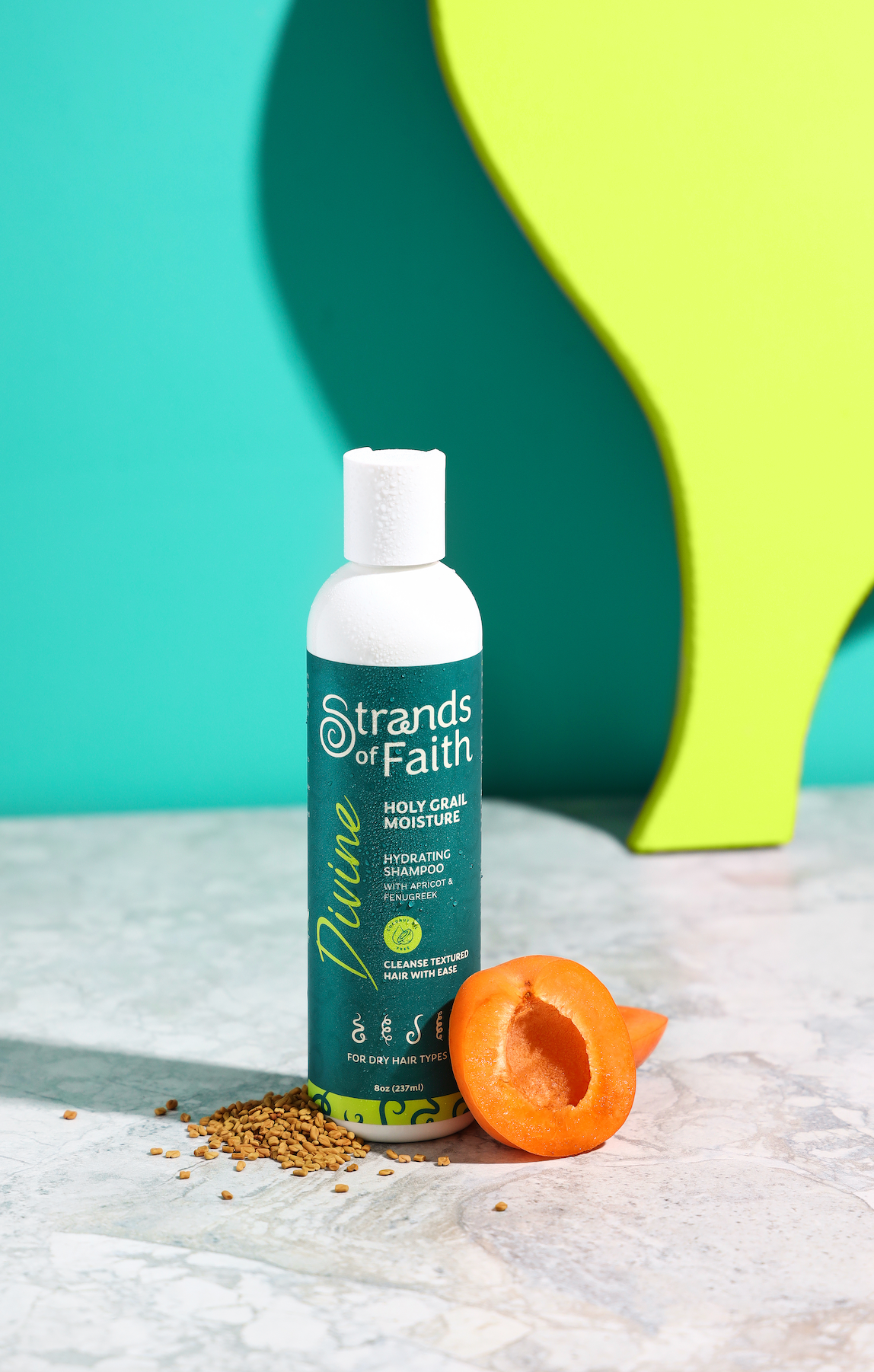“I don’t want to seem rude.”
“What if they think I don’t care?”
“I don’t want to hurt their feelings.”
If any of these thoughts sound familiar, you’re not alone.
Saying “no” can feel heavy, especially when you’re used to being available for everyone else. For many of us, the moment we start setting boundaries, something unexpected shows up: guilt. And not just any guilt, the kind that whispers you’re being selfish, they’re going to be disappointed, or this means you’re not a good person.
But here’s the truth: protecting your peace is not mean. It’s necessary.
And learning how to set boundaries without carrying the weight of guilt is one of the most important forms of emotional and mental wellness.
Let’s talk about why boundary guilt shows up, how to move past it, and how you can start protecting your peace unapologetically, even if you’ve always been the “go-to” person.
What Is Boundary Guilt?
Boundary guilt is the uncomfortable feeling you get when you try to set limits but feel bad for doing it.
It often sounds like:
-
“They’ve done so much for me, I can’t say no.”
-
“They’ll think I’m being distant.”
-
“Maybe I’m overreacting or being too sensitive.”
It shows up in relationships, family, work, and even with strangers. It’s rooted in the belief that being kind means being available, always.
But being constantly available can leave you emotionally drained, physically exhausted, and mentally scattered. If you keep saying yes out of guilt, you’ll eventually have nothing left to give anyone, not even yourself.
Where Boundary Guilt Comes From
Before we get into how to move past it, it helps to understand why so many people (especially women and people-pleasers) feel guilty about setting boundaries.
1. You were taught to prioritize others at your own expense.
Growing up, you might’ve been told that being a “good” person means putting others first. That “nice” people say yes. That saying no is rude. Maybe you were praised for being easygoing, flexible, or selfless, even when it cost you your peace.
2. You’re afraid of rejection or losing connection.
Many people associate boundaries with distance or rejection. We fear that setting a boundary might push people away or cause conflict.
3. You’ve gotten your identity from being needed.
Sometimes we confuse being needed with being loved. If you’ve always been the helper or fixer, it can feel like saying no erases your value. But you are worthy even when you’re unavailable.
Why Protecting Your Peace Matters
Imagine a house with no doors. Anyone can walk in, day or night, no invitation required. Chaos. No rest. No control. That’s what it’s like to live without boundaries.
Boundaries are your doors.
They don’t mean people can’t come in, they just mean you decide when and how. Boundaries allow you to be generous without being depleted, present without being resentful, loving without losing yourself.
You deserve relationships that are based on mutual respect, not silent burnout.
How to Protect Your Peace Without Feeling Mean
Ready to take your peace seriously without second-guessing every decision? Here’s how:
1. Redefine What Boundaries Mean to You
Boundaries aren’t barriers, they’re bridges.
They’re not about pushing people away. They’re about creating space where healthy connections can thrive.
Try reframing boundaries as:
-
A way to stay connected without resentment.
-
A tool for sustaining, not severing, relationships.
-
A form of self-respect, not selfishness.
The more you internalize this truth, the less guilty you’ll feel.
2. Tune Into Your Body and Energy
Your body knows when a boundary is being crossed, tight shoulders, a pit in your stomach, headaches, or exhaustion after certain interactions.
Start asking:
-
“Does this energize or drain me?”
-
“Am I saying yes with peace or with pressure?”
-
“Do I feel honored or obligated?”
Listening to your body helps you notice where you need boundaries and why.
3. Practice Saying “No” With Compassion, Not Apology
You don’t have to explain your no with a dissertation. And you don’t have to justify your peace.
Start with gentle, respectful language:
-
“I don’t have capacity for that right now.”
-
“That’s not something I can commit to.”
-
“I care about you and I also need to honor my limits.”
Reminder: “No” is a complete sentence. You don’t owe anyone guilt to prove you care.
4. Anticipate Guilt but Don’t Let It Lead
Yes, guilt may still show up at first. It’s okay. Let it come but don’t let it steer your decisions.
Just because guilt shows up doesn’t mean you’re doing something wrong.
It may simply mean you’re doing something new.
Affirm yourself with:
-
“I’m not being mean; I’m being honest.”
-
“Discomfort doesn’t mean I’m wrong, it means I’m growing.”
-
“The people meant for me will respect my boundaries.”
5. Remember: You’re Not Responsible for Everyone’s Feelings
This one is hard but essential.
You are responsible for being kind.
You are not responsible for controlling how others feel about your boundaries.
Their disappointment does not mean you did something wrong. People are allowed to feel what they feel and so are you. Let them process. Let yourself breathe.
6. Start Small and Stay Consistent
Boundary-building is like building a muscle. Don’t feel like you have to overhaul your entire life in one day.
Start with one boundary in one area of your life.
Maybe it’s:
-
Not answering work texts after 7pm.
-
Politely declining last-minute requests that stress you out.
-
Taking an hour for yourself each morning, guilt-free.
Small steps lead to big peace.
7. Celebrate the Wins
Every time you honor your peace, it’s worth celebrating.
Not just because you set a boundary but because you showed up for yourself.
Track the moments you:
-
Said no without apologizing.
-
Rested instead of people-pleasing.
-
Spoke your truth, even when it felt scary.
The more you acknowledge your progress, the more confident you’ll become.
8. Anchor Yourself in the Bigger Picture
Ask yourself: What kind of life do I want to live?
If the answer includes joy, peace, purpose, and rest, then boundaries aren’t optional. They’re essential.
Remind yourself:
“I can’t pour from an empty cup. When I protect my peace, I protect my purpose.”
Boundaries don’t make you less loving. They help you love without losing yourself.
You Can Be Kind and Still Have Boundaries
It is possible to be both compassionate and clear. To be gracious and grounded. To love others well without abandoning yourself in the process.
If you’ve been feeling burned out, overextended, or resentful, it’s not because you’re a bad person. It’s because you’re not being supported by the boundaries your peace requires.
Let this be the season where you reclaim that support.
Where you stop over-explaining your no.
Where you start making peace your priority.
The truth is: you don’t have to choose between being liked and being whole.
You can be kind, present, and still say no when needed.
Take One Step Today
Ask yourself:
What is one boundary I can set this week that would protect my peace?
Then go set it. Guilt may whisper but your well-being will thank you. 💚
Keep The Faith. Protect Your Peace. Honor Your Voice.
